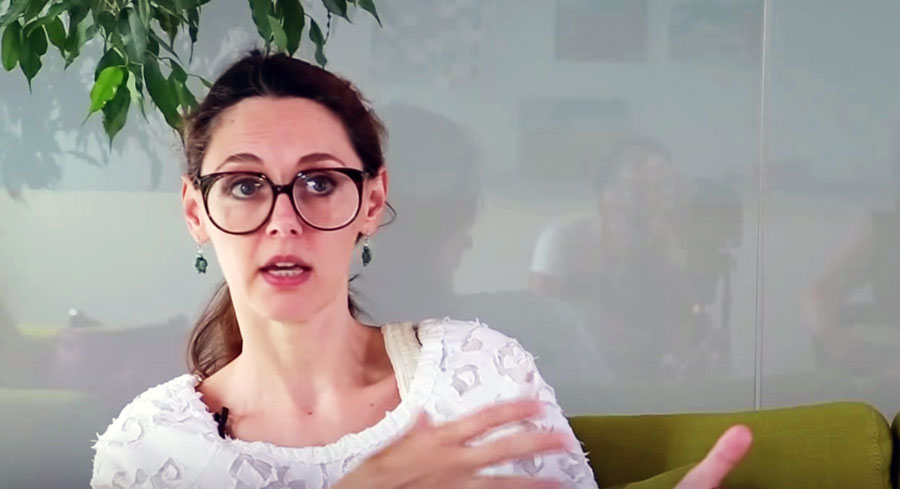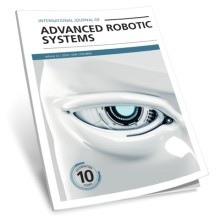
Robohub.org
Interview with Danica Kragic
 In this wide ranging interview, Danica Kragic, professor at the Royal Institute of Technology (KTH), Sweden, and General Chair of ICRA 2016, discusses the nature of collaborative research, shares her opinions on the robotics projects financed by Horizon2020, speculates on the reasons behind the different research agendas for robotics in the US, the EU and in Asia, and tells us why she chooses to publish her team’s research in open access publications.
In this wide ranging interview, Danica Kragic, professor at the Royal Institute of Technology (KTH), Sweden, and General Chair of ICRA 2016, discusses the nature of collaborative research, shares her opinions on the robotics projects financed by Horizon2020, speculates on the reasons behind the different research agendas for robotics in the US, the EU and in Asia, and tells us why she chooses to publish her team’s research in open access publications.
Kragic underlines the importance of good organisation when it comes to promoting interdisciplinarity among scientific fields, and incentives to attract students in taking up robotics, and shares her views on why robotics is so often negatively portrayed in the media. Finally, will robots be as intelligent as humans? Watch the latest IJARS video to find out.
Danica Kragic is a Professor at the School of Computer Science and Communication at the Royal Institute of Technology, KTH. She received her MSc in Mechanical Engineering from the Technical University of Rijeka, Croatia, in 1995 and PhD in Computer Science from KTH in 2001. She has been a visiting researcher at Columbia University, Johns Hopkins University and INRIA Rennes. She is the Director of the Centre for Autonomous Systems. Danica received the 2007 IEEE Robotics and Automation Society Early Academic Career Award. She is a member of the Royal Swedish Academy of Sciences and Young Academy of Sweden. She holds a Honorary Doctorate from the Lappeenranta University of Technology. She chaired IEEE RAS Technical Committee on Computer and Robot Vision and served as an IEEE RAS AdCom member. Her research is in the area of robotics, computer vision and machine learning. In 2012, she received an ERC Starting Grant. Her research is supported by the EU, Swedish Foundation for Strategic Research and Swedish Research Council.
Kragic D. IJARS Video Series: Danica Kragic Interview with the International Journal of Advanced Robotic Systems [online video]. International Journal of Advanced Robotic Systems, 2015, 12:V7. DOI: 10.5772/61490
tags: c-Research-Innovation, cx-Politics-Law-Society, video





